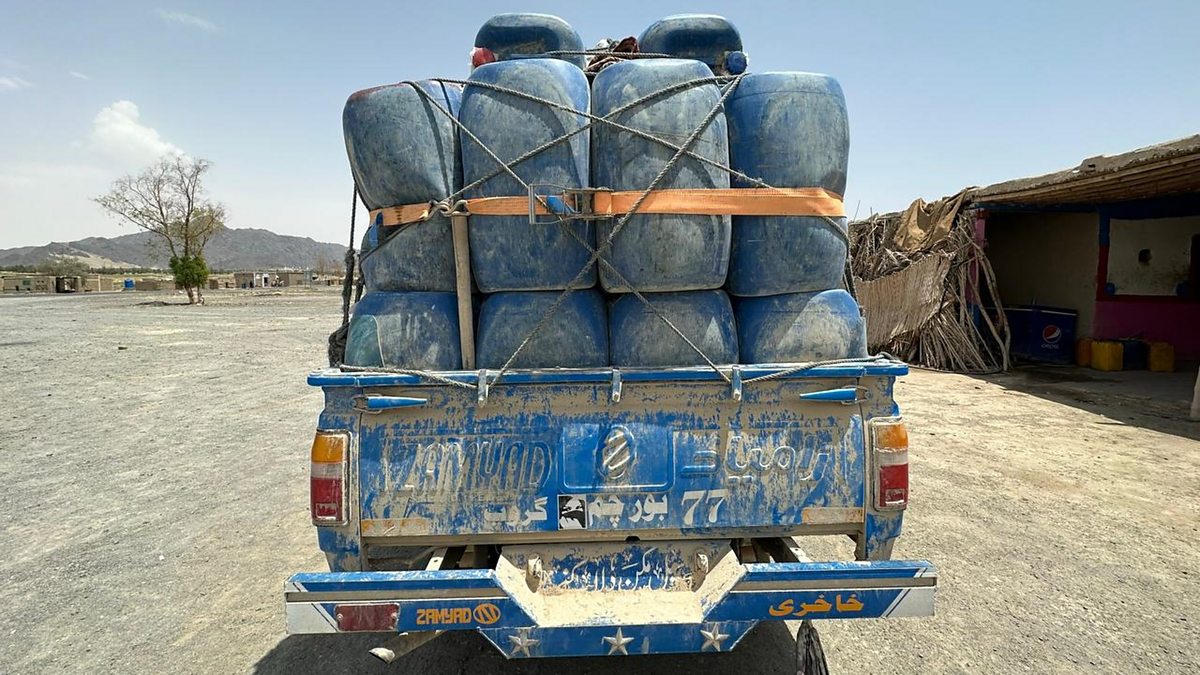
Introduction
The global discussion surrounding the Trump Remarks on alleged Afrikaner persecution has captured significant international attention, prompting strong reactions from political leaders and commentators alike. When former U.S. President Donald Trump made claims suggesting targeted mistreatment of Afrikaners in South Africa, the country’s finance minister responded with a clear and firm rebuttal. According to the minister, the statements distorted the country’s realities and presented an inaccurate picture to the global community. South Africa, a nation still negotiating the long shadows of apartheid and the complexities of its modern democracy, places great importance on how it is portrayed abroad. This article explores ten powerful perspectives that help explain why the minister reacted so strongly, and how these remarks intersect with the broader social, historical, and geopolitical environment in South Africa.
Trump Remarks and the Importance of Narrative Accuracy
The Trump Remarks sparked immediate debate because of the potential influence global political statements hold. In a world where information travels instantly, accuracy becomes more important than ever. When influential individuals speak about sensitive issues in another country, their words can shape global perceptions. The South African finance minister insisted that Trump’s claims lacked the factual grounding needed for responsible international commentary. South Africa’s constitutional democracy protects all citizens, and allegations of systematic persecution can mislead audiences unfamiliar with the country’s actual conditions. The minister’s rebuttal highlighted the need to prevent false narratives from spreading unchecked, especially when they involve issues of race, identity, and public safety.
Trump Remarks Within the Broader Context of Afrikaner History
To understand the government’s strong response to the Trump Remarks, it is necessary to appreciate the complex history surrounding Afrikaner identity. Afrikaners, descendants of Dutch, French, and German settlers, have played a significant role in South Africa’s political and cultural development. However, their association with the apartheid system adds layers of sensitivity to discussions about discrimination. After the advent of democracy in 1994, Afrikaners continued to live as an important minority group with full constitutional rights. Though they face the same economic and social challenges experienced by many South Africans, the claim that they face targeted persecution oversimplifies reality. The minister’s response aimed to ensure that global audiences understood this complexity rather than accepting a simplified narrative.
Trump Remarks and the Government’s Role in Shaping Global Perception
The finance minister’s firm rebuttal of the Trump Remarks was deeply tied to the government’s responsibility to protect South Africa’s global image. The country relies on positive international perception to maintain foreign investment, tourism, and strategic partnerships. When a former U.S. president suggests instability or targeted violence, such statements can influence investors’ decisions and raise concerns among diplomats. The minister stressed that unchecked misinformation could damage economic prospects and create unnecessary tension between nations. By challenging Trump’s claims, the minister aimed to reassure global partners that South Africa remains committed to constitutional governance and social stability.
Trump Remarks and Their Connection to the Land Reform Debate
Land reform has long been one of South Africa’s most emotionally charged political topics, and the Trump Remarks indirectly touched this ongoing issue. Land ownership patterns, shaped by colonial dispossession and apartheid policies, have left deep imbalances that post-apartheid governments continue to address. Trump’s comments suggested a crisis scenario involving violence against white farmers, a narrative South African officials reject as inaccurate. The finance minister emphasized that land reform is managed through constitutional channels, with legal safeguards to prevent unlawful action. He argued that foreign commentary lacking context risks inflaming tensions and overshadowing the constructive work being done to ensure fairness and social justice. By responding to Trump’s statements, the government reaffirmed its commitment to a lawful and balanced approach to reform.
Trump Remarks and the Media’s Role in Amplifying Political Claims
In today’s digital era, the speed with which the Trump Remarks spread demonstrates the powerful influence of modern media networks. Political statements from high-profile individuals quickly move across social platforms, often reaching global audiences before fact-checkers or officials have a chance to respond. This rapid circulation can distort public understanding and reduce complex political issues to simple headlines. South Africa’s finance minister recognized this challenge and responded swiftly to prevent misinformation from taking root. His rebuttal highlighted how governments must navigate the fast-changing media environment, where the line between responsible reporting and sensationalism can easily blur. This underscores a larger global issue: the need for careful verification in an era of instant information.
Trump Remarks and Social Cohesion in Modern South Africa
One of the key concerns behind the government’s rejection of the Trump Remarks was the possible impact on national unity. South Africa is home to many cultural groups, each with its own history and identity. After decades of segregation under apartheid, cultivating social cohesion remains an ongoing priority. Claims of racial persecution—when not based on evidence—risk deepening divisions within society. The finance minister emphasized that all groups, including Afrikaners, are protected under the Constitution. He warned that foreign commentary lacking nuance could inflame tensions or reinforce stereotypes. The government’s response was not only about correcting misinformation but also about promoting internal stability by ensuring public discourse remains grounded in fact.
Trump Remarks and Diplomatic Repercussions
Foreign relations formed a significant part of the finance minister’s concern regarding the Trump Remarks. Diplomatic ties require trust, accuracy, and mutual respect. Statements that exaggerate or misstate a country’s internal dynamics can create unnecessary strain. South Africa has long maintained strong relationships with many nations, including the United States, and officials want to preserve these ties. Misinformation could undermine ongoing diplomatic initiatives or create confusion among policymakers. The minister’s response served as a reminder that foreign commentary on domestic issues must be handled carefully. By addressing the claims swiftly, the government aimed to prevent misunderstandings that could destabilize future cooperation.
Trump Remarks and Their Effect on Economic Confidence
Economic confidence depends heavily on stability, predictability, and public trust. The Trump Remarks raised concerns among South African officials that foreign investors might misinterpret the country’s conditions. Claims of targeted violence or persecution, if left unchallenged, could affect investment decisions, business expansions, or long-term development plans. The finance minister emphasized South Africa’s legal and institutional stability, noting that the country operates under a well-established constitutional framework. His rebuttal was an effort to reassure investors that South Africa remains a safe and structured environment for economic activity. Protecting market confidence is essential for a country working to strengthen its economy and expand global partnerships.
Trump Remarks and the Responsibility of Public Figures
The controversy around the Trump Remarks raises an important issue: the responsibility of public figures to communicate responsibly. Statements made by global leaders carry weight far beyond their local audience. When discussing issues as sensitive as racial tensions or historical inequalities, accuracy matters. The finance minister argued that commentary lacking context can distort public understanding and harm real people. The expectation is not that international figures remain silent, but that they engage with complex issues thoughtfully, recognizing their potential impact. The government’s rebuttal was not only an effort to correct misinformation but also a call for greater responsibility in global political dialogue.
FAQs
Q1: What was the government’s main concern about the Trump Remarks?
Officials believed the comments misrepresented South Africa and could affect diplomacy and investment.
Q2: Did the Trump Remarks accurately describe conditions in South Africa?
The finance minister stated that the claims did not reflect the country’s actual realities.
Q3: Why did the Trump Remarks gain so much attention?
Because they involved sensitive issues like race, land, and international politics.
Conclusion
The strong reaction to the Trump Remarks reveals how deeply interconnected global communication has become. South Africa’s finance minister responded with clarity and confidence, challenging what he viewed as distorted claims and defending the nation’s commitment to constitutional fairness. By addressing the remarks directly, the minister reinforced the importance of factual, responsible dialogue in shaping international understanding. As debates about reconciliation, land, and identity continue, this incident highlights the ongoing need for accuracy, context, and diplomatic sensitivity in global discussions.


